Agurchand Manmull Jain College
(A Unit of Sri. S. S. Jain Educational Society)
Affiliated to University of Madras | A Jain Minority Institution | NAAC Re-accredited with Grade A+
A Co-educational Institution, Meenambakkam, Chennai – 600 061.
Agurchand Manmull Jain College
(A Unit of Sri. S. S. Jain Educational Society)
Affiliated to University of Madras | A Jain Minority Institution | NAAC Re-accredited with Grade A+
A Co-educational Institution, Meenambakkam, Chennai – 600 061.
NATO’s Problems Are World Problems — But the World’s Problems Are Not NATO’s Problem
Mr.A.Venkatesh Assistant Professor, – Department of Commerce (ISM & CA)
In an increasingly multipolar world, the role of NATO (North Atlantic Treaty Organization) has never been more scrutinized—or misunderstood. As crises flare across continents and alliances shift like tectonic plates, one uncomfortable truth emerges: when NATO coughs, the world catches a cold; but when the world burns, NATO reaches for a map, not a hose. This asymmetry forms the core of a troubling reality. NATO’s problems are treated as global emergencies, but global problems often fall outside NATO’s strategic radar.
Why NATO's Problems Ripple Globally
NATO, formed in 1949 as a collective defense pact, has long projected not just military might but political influence. When tensions rise in NATO countries—be it Russian aggression in Eastern Europe or internal discord over defense spending—the world watches closely. Markets shake. UN debates ignite. The Global South braces for aftershocks.
• Case in point: Russia’s invasion of Ukraine in 2022 sent energy prices skyrocketing, food insecurity soaring, and refugee flows surging—globally.
• Cyberattacks on NATO infrastructure don’t stay within borders; they often inspire or spill into other states’ systems.
• Defense posturing and arms buildups by NATO nations can trigger regional arms races or influence global military budgets.
Simply put, NATO is a megaphone in a crowded room—when it speaks or stumbles, the world hears it loud and clear.
But Are Global Problems NATO’s Problems?
And yet, when global crises erupt beyond NATO’s immediate backyard, the alliance’s response can be tepid—or entirely absent.
• Famine in the Horn of Africa? A humanitarian concern, but not a “strategic priority.”
• Ethnic cleansing in Myanmar? Unfortunate, but “not within NATO’s operational scope.”
• Climate-induced displacement in the Pacific? A UN problem, not a NATO one. This selective engagement exposes a philosophical fault line: NATO intervenes when its members’ interests are at stake—but the suffering of millions outside its sphere doesn’t always warrant the same urgency.
A One-Way Street?
The imbalance has sparked frustration among non-NATO nations, especially in the Global South. They see NATO calling for solidarity during conflicts like Ukraine, yet standing aloof during years of war in Syria, Yemen, or the Democratic Republic of Congo. This leads to a perception of “NATO exceptionalism”—where the alliance expects the world to rally behind its causes, but isn’t as quick to return the favor.
The Way Forward: A Rethink of Responsibility
To build a truly cooperative global order, NATO must evolve from a regional security bloc into a
moral force for collective global security. This doesn’t mean military intervention everywhere, but:
• Proactive diplomacy in global crises
• Humanitarian aid missions beyond Europe
• Collaborations with regional peacekeeping bodies like the African Union or ASEAN
• Commitment to addressing root causes like climate change, inequality, and migration
Only then can NATO truly embody the spirit of collective defense—not just for its members, but for
humanity at large.
Final Thoughts
The world is interconnected. It’s no longer sustainable—or justifiable—for the problems of NATO to become global flashpoints, while global tragedies remain footnotes in NATO summits. If NATO wants the world to care about its challenges, it must start caring about the world’s. Because in today’s era of shared vulnerabilities, security is no longer a bordered concept—it’s a global one.


